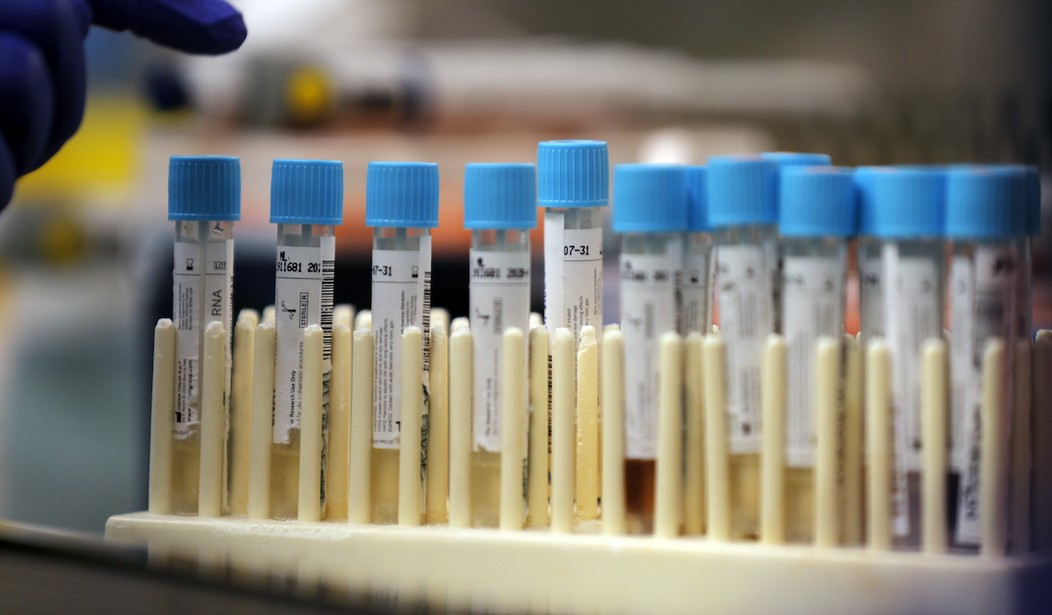British researchers are at it again. Preliminary results of treatment using inhaled interferon beta is reducing the number of patients needing intensive care by 79%. Recovered patients are also two to three times more likely to recover without complications that interfere with everyday activity. The average number of days spent in the hospital also declined by one-third.
The observed effectiveness of this drug, which requires further study, lends support to the idea that treatment based on the stage of COVID-19-related illness a patient is experiencing is needed. Interferon beta increases the production of inflammatory proteins in the immune system. Medications like dexamethasone, given later in the illness, strive to reduce inflammation.
Dexamethasone for Severe COVID-19 Demonstrates Life-Saving Efficacy
Interferon beta is one of a group of proteins in the immune system, called IFNs, that alerts surrounding cells to the presence of a virus. The surrounding cells then rev up their own immune defenses to prevent the virus from replicating and destroys the cells in the body that are already infected. These reactions are responsible for the symptoms you experience from a cold or an infection. Fever and muscle aches are related to their release.
Scientists have found that COVID-19 interferes with the body’s IFN, or type 1 interferon, response. Because these proteins are the first defense against viral infections, the body’s response is impaired if they are suppressed. The theory with the IFN interferon beta treatment would appear to be that augmenting the early immune response to the virus can prevent the more severe forms of illness from COVID-19.
That IFN dysregulation represents a key determinant of COVID-19 pathogenesis highlights its potential for therapeutic intervention. Prophylactic administration of IFNs, which elicits a pre-existing antiviral state in target cells, may block viral infection at the very early stage.
Many doctors are referring to the process that causes the most severe illness with COVID-19 as a cytokine storm. This reaction is an overproduction proinflammatory immune system proteins. It causes inflammation, organ damage, and clotting problems. This reaction could be caused by the failure of the IFNs to function properly in the early stages of COVID-19. (Layman’s terms added for understanding)
The “cytokine storm” results from a sudden acute increase in circulating levels of different pro-inflammatory cytokines (proteins) including IL-6, IL-1, TNF- α, and interferon. This increase in cytokines results in influx of various immune cells such as macrophages, neutrophils, and T cells from the circulation into the site of infection with destructive effects on human tissue resulting from destabilization of endothelial cell to cell interactions, damage of vascular barrier, capillary (small blood vessel) damage, diffuse alveolar (air sacs in the lung) damage, multiorgan failure, and ultimately death. Lung injury is one consequence of the cytokine storm that can progress into acute lung injury or its more severe form ARDS (acute respiratory distress syndrome).
These findings may be why different classes of drugs that affect the immune system in different ways are demonstrating various levels of effectiveness at different points in the disease progression. Several clinicians have described patient reactions to COVID-19 as two different illnesses. The likelihood there will be a single medication that works in every stage of the disease seems low. It seems it is becoming less likely that a “silver bullet” is on the horizon.
For this reason, the hydroxychloroquine combination should not be dismissed because it did not work on ventilated patients with end-stage disease. It is also why another treatment that demonstrated effectiveness, the steroid dexamethasone, should probably not be given early in the illness.
It is increasingly possible that Dr. Thomas Yadegar’s approach early in the pandemic was correct. Patients need to be treated based on their lab work and clinical presentation. He was treating patients who presented in the intensive care unit with a high degree of success. He described highly individual treatment plans based on a thorough evaluation.
Pulmonologist: Telling COVID-19 Patients to Stay Home Until They Have Shortness of Breath May Not Be Best Advice
However, COVID-19 clearly presents a higher risk of permanent damage to the lungs and other organs, the more severely ill a patient becomes. To prevent this, significant emphasis should be placed on effective outpatient treatments that can be deployed early in the disease process.
Globally, the medical community is demonstrating that early treatment with the hydroxychloroquine combination is working. The politicization of the drug in the U.S. could be leading to unneeded severe illnesses and complications. So could waiting until hospitalization is required to administer remdesivir. A physician in Texas is using an inhaled steroid with success on an outpatient basis. Outpatient trials need to be prioritized and expedited as we look for ways to weather the pandemic with fewer hospitalizations and deaths.
Why Is Early Detection and Treatment Being Ignored in COVID-19?
Editor’s Note: Want to support PJ Media so we can keep telling the truth about China and the virus they unleashed on the world? Join PJ Media VIP and use the promo code WUHAN to get 25% off your VIP membership.










Join the conversation as a VIP Member